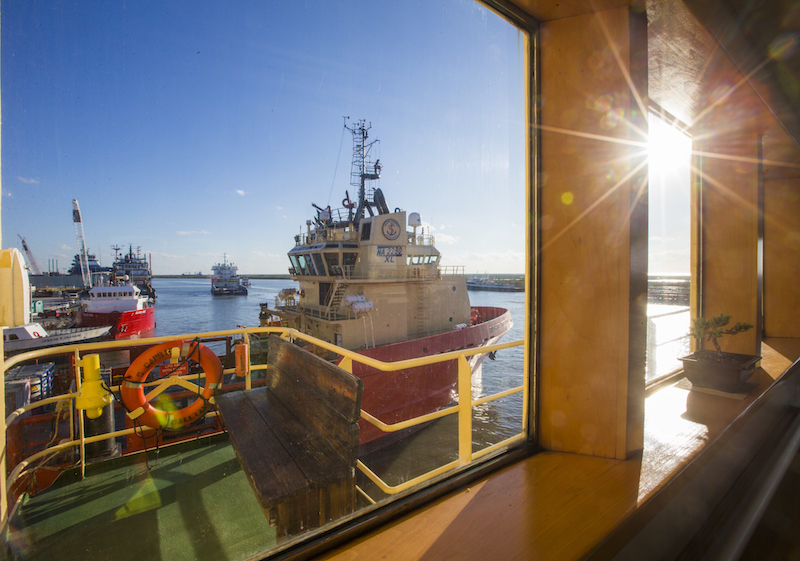It doesn’t take a seer to see the effect the novel coronavirus (COVID-19) is having and will continue to have on cruise ships. Without government help, they’ll go bankrupt and thousands of workers from around the world will lose their jobs. This might be the case even with government help.
But the effect on the workboat industry will also be significant. Some prospective effects are obvious: cleanliness and disinfection of passenger and even cargo vessels will become obsessive, and procedures for disinfecting the surfaces of equipment and supplies brought onboard must be put in place.
The indirect consequences of the virus are much more significant, though. The collapse of the travel and transportation industries, and the resulting evaporation of demand for oil, has led to a crude oil price well below the $20-bbl (in 1980s dollars) price that cratered the oil industry decades ago. Offshore oil is expensive, compared to fracked oil, and there are anecdotal stories out of Port Fourchon, La., and other offshore supply hubs of layoffs and laid-up vessels, as offshore operators hurriedly cancel drilling and other development plans.
And then there is the even more indirect effect of a general implosion of the world economy. Every economist talking head on TV is predicting a recession, and some see a world depression on the apocalyptic horizon. Foreign buyers whose demand for U.S. grain has kept the Mississippi River barge industry afloat, won’t have the money to keep buying, and industrial demand for raw materials, forming most of the demand for bulk cargo vessels, will soon shrink as consumers hunker down.
Where will the smart money go? The current flight from the Dow has already bolstered the hard-assets markets, and for those determined to stay in the workboat business, some hard thinking is in order. Clean-up vessels? Shipyard work to retrofit vessels and rigs with improved HVAC/disinfecting systems? Salvage and scrapping work to dispose of older workboats that will now never see service again, even in Third World oilfields?
There are no easy answers, only challenges. But for an industry that has weathered war and peace, feast and famine — and even the ‘80s — the coronavirus is merely another challenge. Not immediately apparent are the opportunities that lie within its gray aspect for those prescient, determined, and brave enough to look to a changed future — a future almost inconceivable a few months ago.




